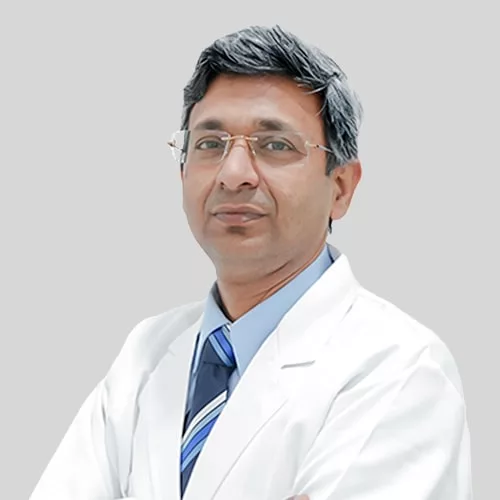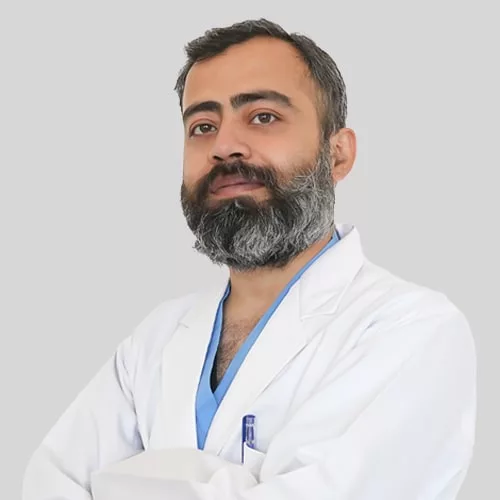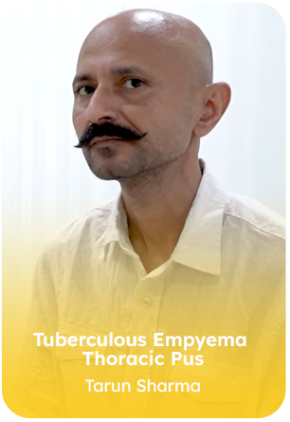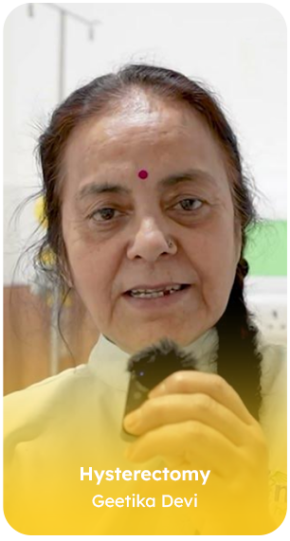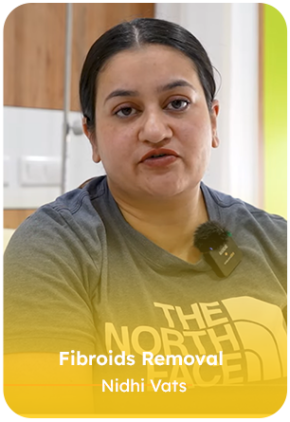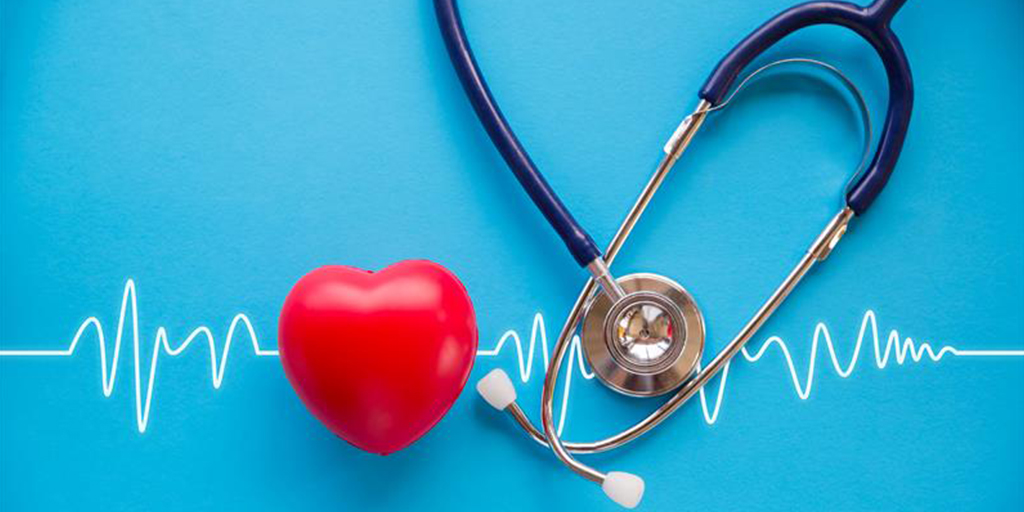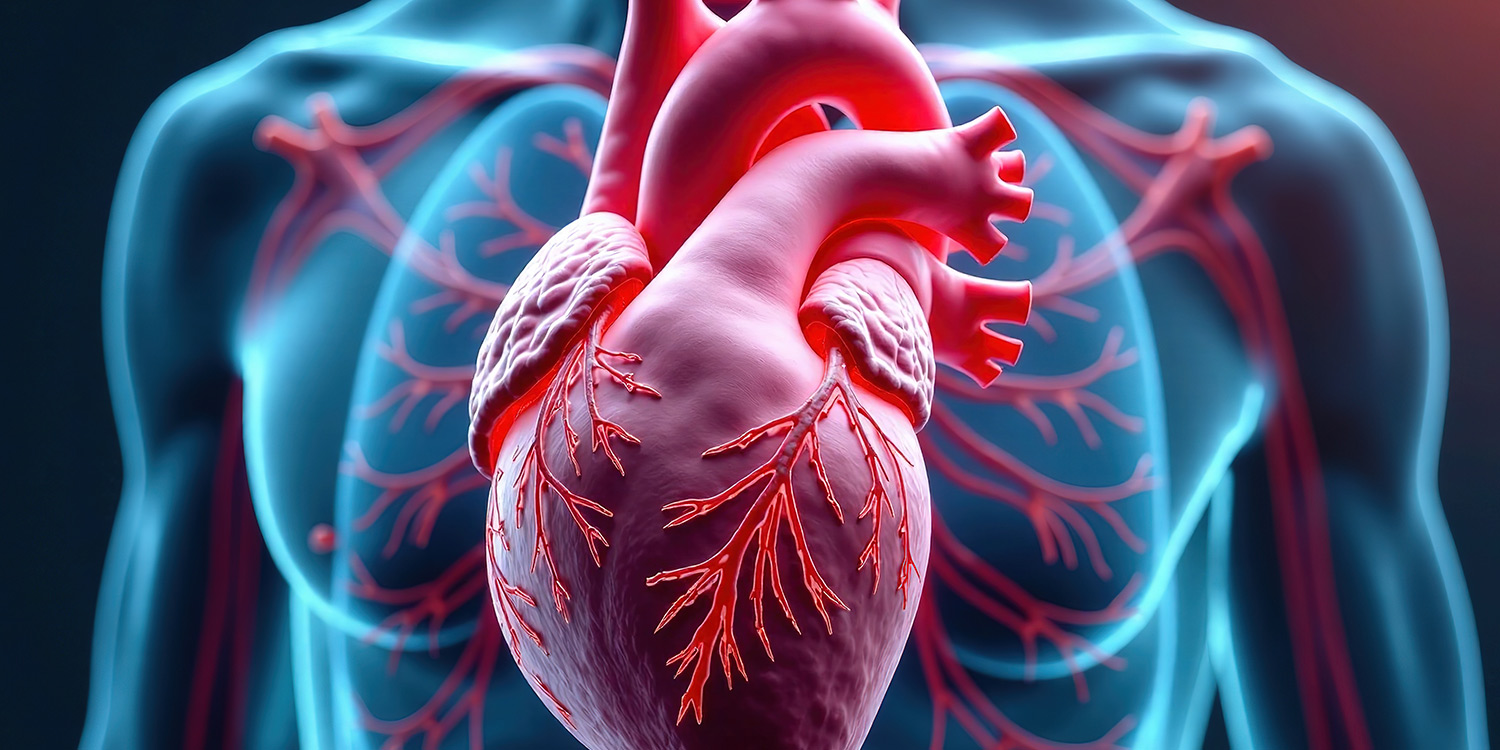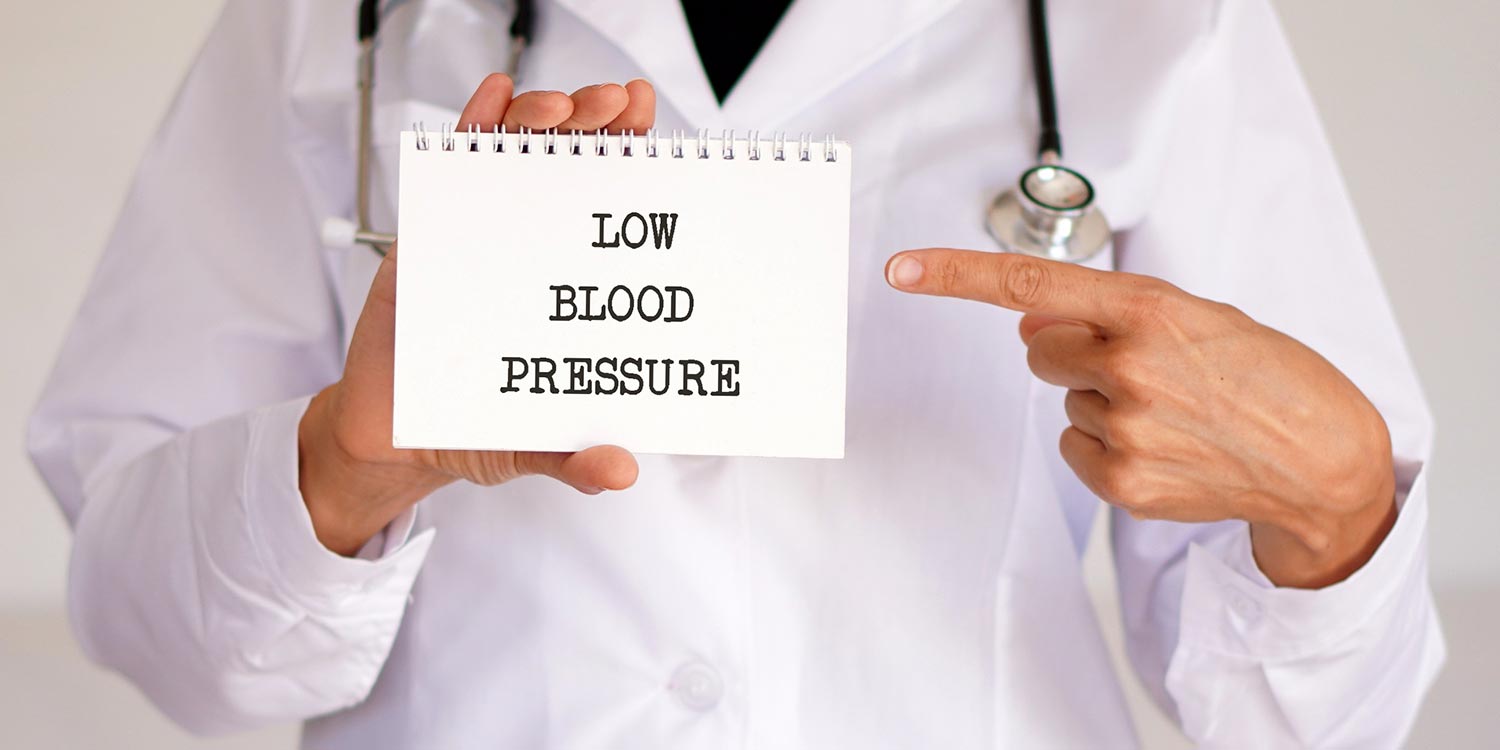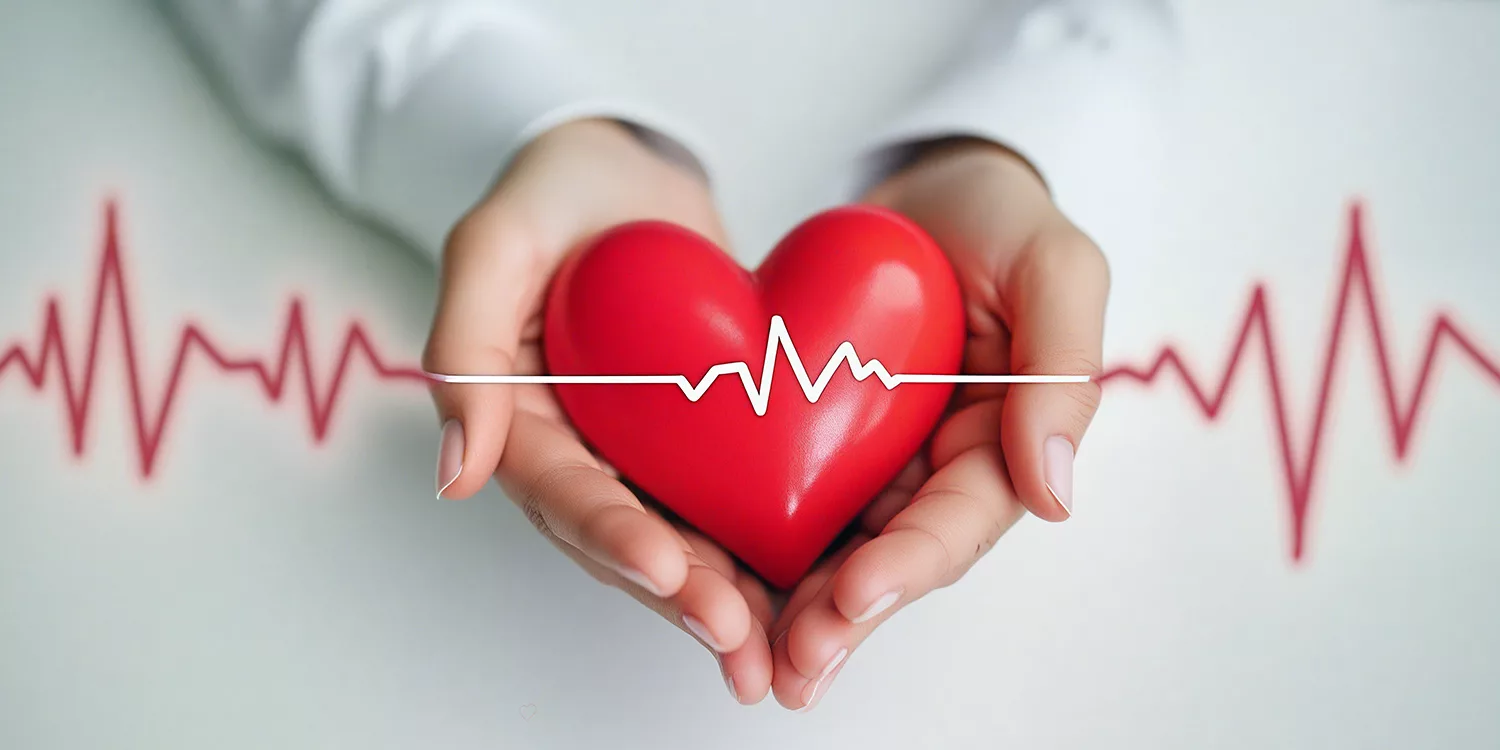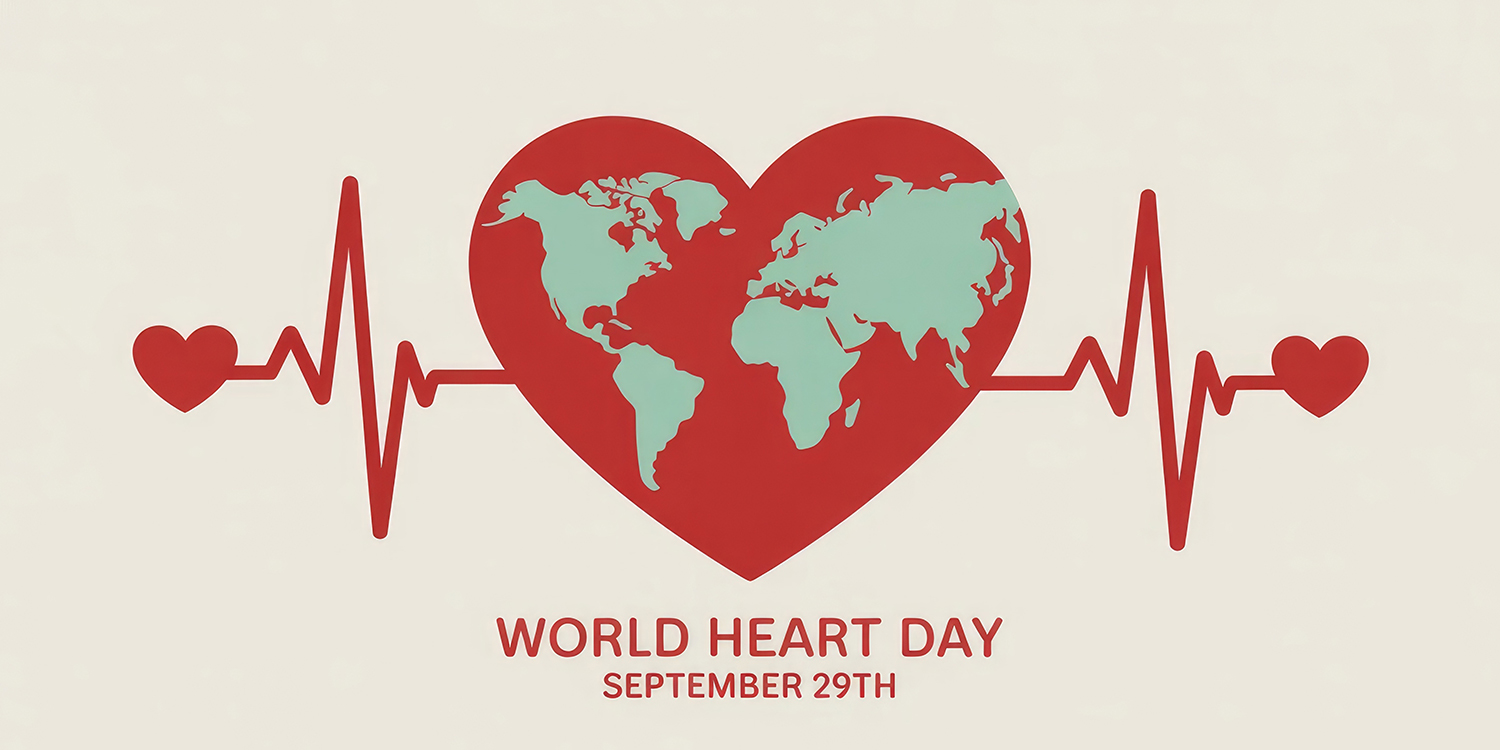Graphic Era Hospital has a team of some of the best cardiac surgeons in Dehradun, specialising in the surgical treatment of various types of heart and vascular conditions. With years of experience and precision techniques, our cardiac surgeons ensure optimal results and faster recovery. Whether one needs open-heart surgery, a minimally invasive cardiac procedure, or emergency intervention, our team is committed to delivering advanced, patient-centered, and compassionate cardiac care, ensuring the best possible outcome for patients.
Doctors Available
What does a Cardiac Surgeon Do?
A cardiac surgeon is a specialist who performs surgical procedures on the heart, major blood vessels, and chest to treat life-threatening cardiovascular conditions. These surgeons work with cardiologists and critical care teams to provide comprehensive heart care, ensuring the best possible outcomes for patients. Key responsibilities of a cardiac surgeon include:
- Performing coronary artery bypass grafting (CABG) to restore blood flow to the heart
- Conducting valve repair and replacement surgeries for mitral and aortic valve diseases
- Correcting congenital heart defects in infants, children, and adults
- Treating aortic aneurysms and dissections with advanced surgical techniques
- Performing minimally invasive heart surgeries to reduce recovery time and surgical risks
- Implanting pacemakers, defibrillators, and cardiac assist devices for heart rhythm management
- Managing re-operative heart surgeries for patients who have had previous cardiac procedures
- Performing thoracic surgeries to treat lung cancer, esophageal disorders, and chest trauma
- Providing post-operative cardiac care and rehabilitation to ensure long-term recovery
- Collaborating with cardiologists and critical care specialists for complex heart conditions
When to Consult a Cardiac Surgeon?
A cardiac surgeon is required when medications or non-surgical treatments are no longer effective in managing heart conditions. If you have been diagnosed with a severe heart disorder or your cardiologist has recommended surgical intervention, consulting a cardiac surgeon is essential for timely and effective treatment. You should consult a cardiac surgeon if you:
- Have been diagnosed with severe coronary artery disease (CAD) requiring surgical intervention
- Need coronary artery bypass grafting (CABG) to restore blood flow to the heart
- Require valve repair or replacement due to valve stenosis or regurgitation
- Have a congenital heart defect that needs surgical correction
- Suffer from an aortic aneurysm or dissection that requires immediate intervention
- Experience severe heart failure that may need a ventricular assist device (VAD) or transplant evaluation
- Have been advised to undergo minimally invasive heart surgery for faster recovery
- Need surgical management for thoracic conditions such as lung cancer or esophageal disorders
- Require a pacemaker, cardiac defibrillator (AICD), or other cardiac device implantation
- Have had previous cardiac surgery and need a re-operative procedure for long-term heart health
Cardiac Conditions Treated at Graphic Era Hospital
At Graphic Era Hospital, our cardiac surgeons specialize in treating complex heart, lung, and vascular conditions through advanced surgical interventions. Using cutting-edge technology and minimally invasive techniques, we ensure optimal patient outcomes and faster recovery times for an array of conditions, including but not limited to:
- Coronary Artery Disease (CAD) and Blockages: Severe blockages in the coronary arteries reduce blood flow to the heart, increasing the risk of heart attacks. Our cardiac surgeons perform coronary artery bypass grafting (CABG) to restore proper circulation.
- Heart Valve Diseases (Stenosis, Regurgitation, Prolapse): Damaged or diseased heart valves can disrupt blood flow, leading to complications. We offer valve repair and replacement surgeries, including mechanical and biological valve implants.
- Congenital Heart Defects (ASD, VSD, Tetralogy of Fallot): Structural heart defects present from birth require surgical correction. Our experts perform atrial and ventricular septal defect repairs, arterial switch operations, and Fontan procedures for neonates, children, and adults.
- Aortic Aneurysms and Dissections: Weakening of the aorta can cause life-threatening complications. We offer endovascular aortic repair (EVAR) and open surgical interventions to treat aortic aneurysms and dissections.
- Heart Rhythm Disorders and Arrhythmias: For patients with severe arrhythmias, we provide surgical interventions such as Maze procedures, pacemaker implantation, and cardiac resynchronization therapy (CRT) to regulate heart rhythm.
- Heart Failure and Cardiomyopathy: Advanced heart failure may require surgical options such as ventricular assist devices (VADs), heart transplants, or coronary interventions to improve heart function.
- Lung and Thoracic Conditions: Our thoracic surgeons treat lung cancer, mediastinal tumors, chest trauma, and esophageal disorders through video-assisted thoracic surgery (VATS) and open thoracic procedures.
- Peripheral Artery and Carotid Artery Disease: Blocked arteries in the legs or neck can increase stroke risk. We perform angioplasty, stenting, and bypass surgeries to restore proper circulation.
Why Choose Graphic Era Hospital for Cardiac Surgery?
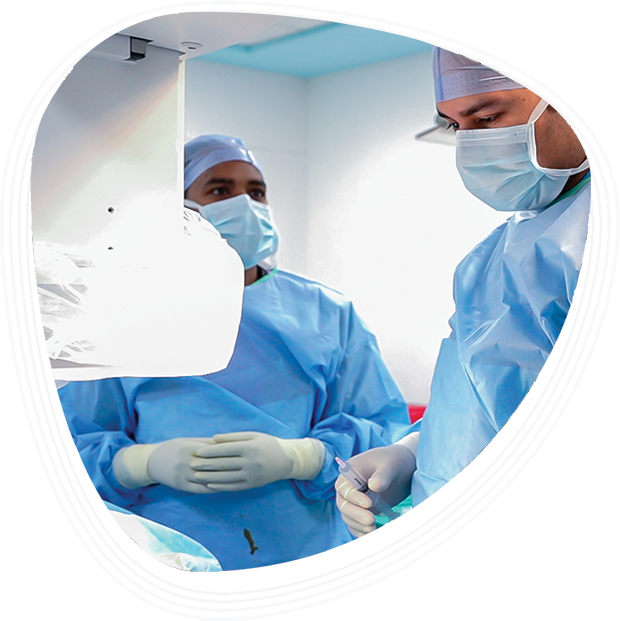
Procedures Performed by Our Cardiac Surgeons in Dehradun
At Graphic Era Hospital, our expert cardiac surgeons perform a wide range of life-saving and minimally invasive heart, lung, and vascular procedures. Using advanced surgical techniques, we ensure safe, precise, and effective treatments for patients with complex cardiac conditions.
Coronary Artery Bypass Grafting (CABG)
- Surgical procedure to restore blood flow in blocked coronary arteries
- Performed using traditional open-heart or minimally invasive techniques
- Improves heart function and reduces heart attack risk
Valve Repair and Replacement Surgery
- Repair or replacement of damaged heart valves using mechanical or biological prostheses
- Minimally invasive valve surgeries for faster recovery and reduced complications
- Treatments for aortic stenosis, mitral valve prolapse, and valve regurgitation
Surgical Correction of Congenital Heart Defects
- Repair of atrial septal defect (ASD), ventricular septal defect (VSD), and tetralogy of Fallot
- Neonatal and pediatric cardiac surgeries for congenital heart conditions
- Advanced procedures like arterial switch operation and Fontan surgery for complex cases
Aortic and Peripheral Vascular Interventions
- Endovascular aortic repair (EVAR) and open aortic surgeries for aneurysms and dissections
- Carotid artery surgery and bypass procedures to prevent strokes
- Peripheral artery disease (PAD) treatment through angioplasty and vascular grafting
Heart Rhythm Management Procedures
- Pacemaker and cardiac defibrillator (AICD) implantation for arrhythmia management
- Cardiac resynchronization therapy (CRT) for heart failure patients
- Maze procedure for atrial fibrillation and severe arrhythmias
Thoracic and Lung Surgeries
- Video-assisted thoracic surgery (VATS) for lung cancer, tumors, and chest conditions
- Surgical treatment of mediastinal tumors and esophageal disorders
- Minimally invasive and open thoracic surgeries for lung and chest trauma
Cardiac Conditions Treated at Graphic Era Hospital
Other Specialities
Patient Stories
Blog
Frequently Asked Questions (FAQs)
When should I see a cardiac surgeon instead of a cardiologist?
You should consult a cardiac surgeon if your cardiologist recommends surgery for conditions like coronary artery disease (CAD), heart valve disease, congenital heart defects, or aortic aneurysms. Cardiac surgeons perform surgical interventions when medications or non-invasive treatments are not sufficient.
What is the recovery time after heart surgery?
Recovery time depends on the type of surgery. Minimally invasive procedures may require 2-4 weeks of recovery, while open-heart surgeries like CABG can take 6-12 weeks. Post-surgical rehabilitation and lifestyle modifications help improve recovery outcomes.
Are there minimally invasive options for heart surgery?
Yes, minimally invasive heart surgeries such as transcatheter valve replacements, CABG, and endovascular aortic repairs (EVAR) are available for select patients. These procedures offer smaller incisions, reduced recovery time, and fewer complications.
What are the risks associated with heart surgery?
Like any major surgery, heart surgery has risks such as infection, bleeding, arrhythmias, or stroke. However, at Graphic Era Hospital, we use advanced technology, skilled surgical expertise, and dedicated cardiac critical care units to minimize risks and ensure patient safety.
How can I prepare for heart surgery?
Your surgeon will provide pre-surgical guidelines, which may include lifestyle modifications, medication adjustments, and dietary changes. It is essential to stop smoking, manage blood pressure and diabetes, and follow your doctor’s instructions for a successful surgery and recovery.
